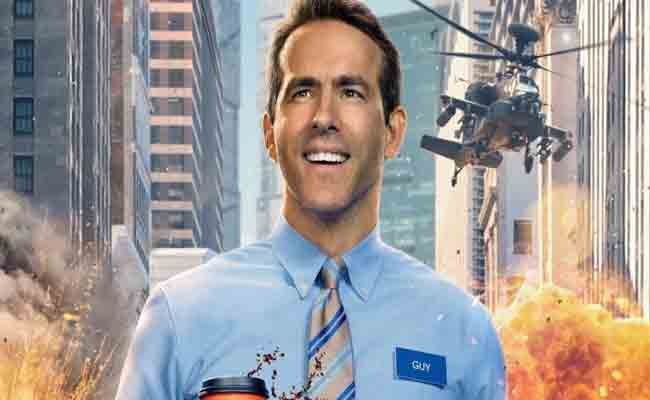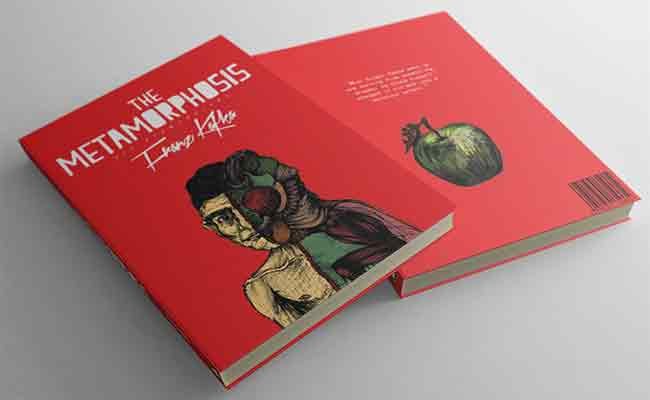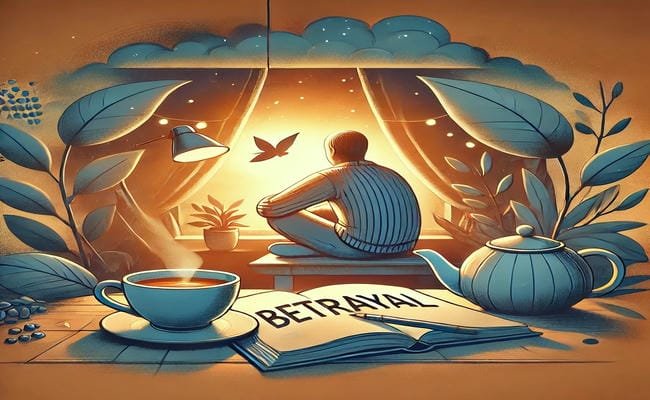
Free Guy Movie Review 2023 What Is Free Guy Rating?
June 28, 2022
Eliza McLamb, Artist Spotlight All Details 2023
June 30, 2022The Metamorphosis Book And American Youth 2023 is our today’s topic. The narrative of Franz Kafka and its relevance to today’s young Americans
“Gregor Samsa awoke one morning from a nightmare to find himself transformed into a huge cockroach on his bed.” This ridiculous visual introduces the reader to Franz Kafka’s short narrative “The Metamorphosis Book.” It is his longest and most renowned work, written in 1912 and released in 1915.
The narrative follows Gregor as he attempts to navigate the world. And his personal connections while taking on the guise of a huge beetle throughout the course of three sections.

I had heard a lot about Kafka’s work in the past and was scared. That when I got around to reading “The Metamorphosis Book,” it wouldn’t measure up to my expectations of its adoration it was an excellent book with which my generation could empathize.
The Metamorphosis Book And American Youth 2023
To be more specific, The Metamorphosis Book Starts with Gregor. The main character wakes up in the body of a six-foot-tall cockroach. Instead of panicking or, I don’t know, displaying any signals that this isn’t a usual occurrence.
He starts worrying about how he’ll get to work. He is the primary provider for his mother, father, and younger sister. And he feels the strain mounting when he discovers he is already late for his journey into town.
This piece has been seen as a critique of capitalism. This is, without a doubt, a reasonable view, because of Gregor’s seclusion. And dehumanization are motivate his failure to provide for his family. He was the man of the house before his metamorphosis. providing for his family and settling their obligations.
He paid for their spacious flat, and no one else needed to work to make ends meet. She was dissatisfied with his job and felt isolated from everyone outside of his close family. But he took satisfaction in the way he supplied for his loved ones.
But, when he takes more care than he is worth when his capacity for his concern through money impedes. He receives the moniker of “burden.” Whether his family planned it or not Whether he likes it or not, he starts to conceive of himself as a bug.
I was experiencing Gregor’s misery as I read. We know how it feels to feel more and more like a burden. I understand what it’s like to see your parents suffer as you strive for ultimate financial freedom.
According to a 2019 MarketWatch story, before the COVID-19 epidemic. An estimated 15% of young adults lived with their parents. According to the article, ” half of both Millenials. And Generation Z expects to be dependent on their parents throughout their early twenties.”
As one of those unfortunate kids stuck between the arbitrary borders of the two younger generations. I can attest that the rising number of young adults. Those who still rely on their parents are not a sign that the incoming generations are slackers. Rather, as the MarketWatch piece shows.
We are crippling future generations with ever-increasing student loan debts. And rent rates, not to mention the uncertain employment market caused by the present global pandemic.
“Financial aid from your parents is an economic need for this generation,” writes Lindsey Pollak, author of “The Remix. How to Lead and Succeed in the Multigenerational Workplace.” It’s ridiculous to compare today’s 30-year-old to one from 30 years ago.”
My friends and my own experiences point to a growing feeling of existential dread. And personal crises among the younger generations. For me, this is the link between my real-life experience and Gregor’s fictitious change.
When he is unable to work and must care for his family, he begins to feel more and more like a problem, a bug. As he sees his family drift away from him, he battles with his humanity. And he becomes alienated in his agony over his insignificance.
He has an existential crisis after overhearing his sister declare that Gregor is dead. Since if he was in that bug someplace, he would have fled and saved his family’s grief. He dies as a result of the final, deadly strike.
I am part of the younger generation that lived through the Great Recession of 2008. Our creativity and individuality were praised. And suppressed by a school system designed to prepare us for “the real world”. Not by teaching us how to budget, cook, or even navigate our own bodies.
But by teaching us to accept overtime in the form of homework. To move through our days guided by the sound of a bell. And to accept that the worth of our work will always determine anyone higher on the food supply chain.
Part of me relates with Gregor because humiliated me. And mistreated because of my financial situation. dependency. No matter how many hours I work every week or how good my grades are. I always feel inadequate when I can’t buy my own groceries.
Gregor is placed in a position of dependency. And the crushing weight of his incapacity to contribute. The strain placed on him by the notion. That he is less than human now that he cannot work, eats away at his humanity from the inside.
So, what is the answer? I’m not advocating for a full-fledged revolution (at least not in this article). But, highlight a troubling shared experience of my age. The way we are looked down upon for being at the mercy of external causes.
way beyond our control We strive and succeed, but rarely enough. We as a culture must alter our notion of worth away from financial usefulness. We need to view individuals for who they are, rather than for what they can do for us. Hope you enjoy reading our article The Metamorphosis Book And American Youth 2022.


